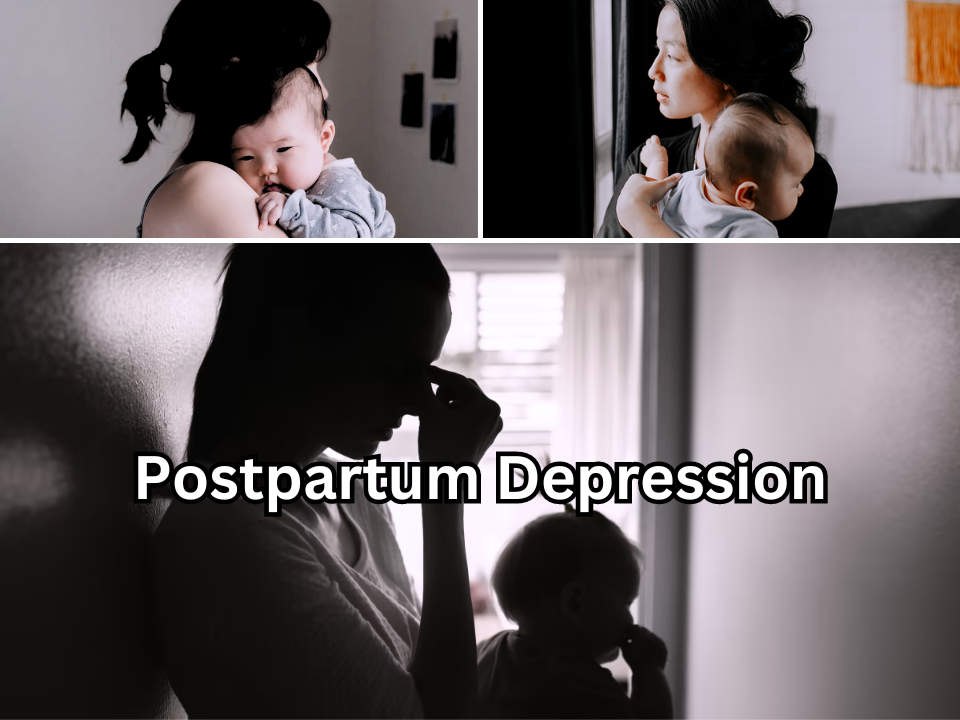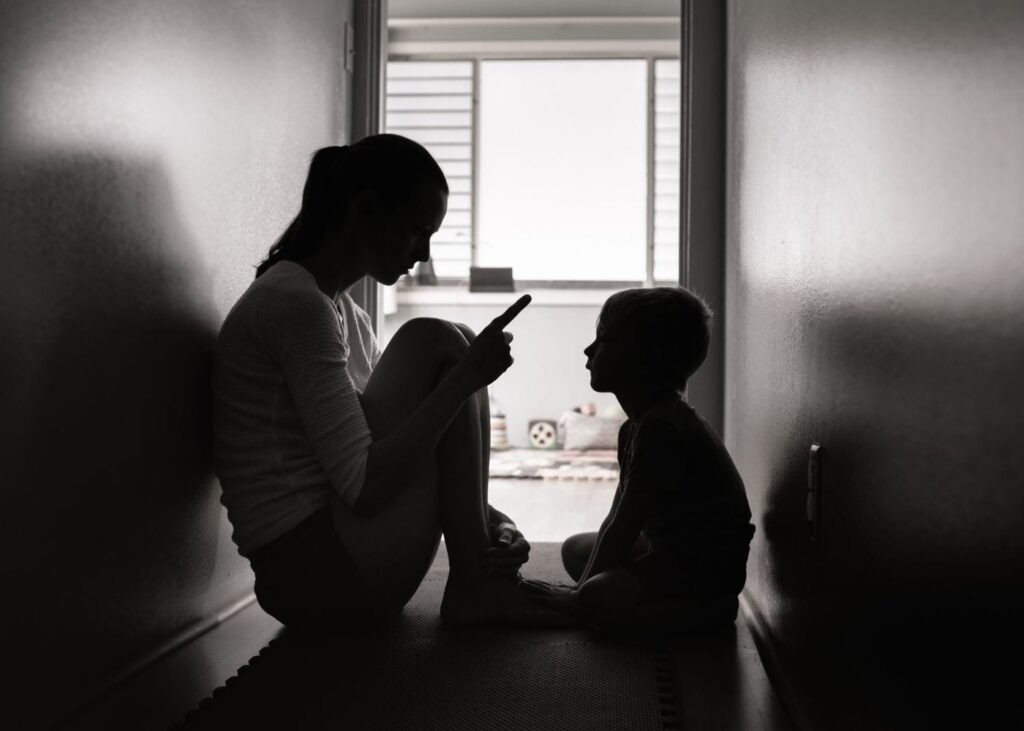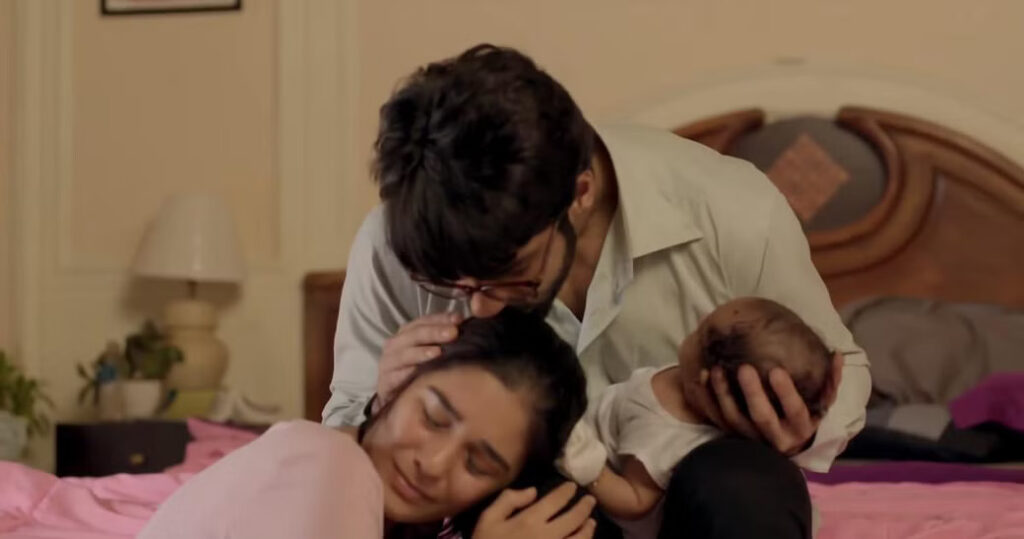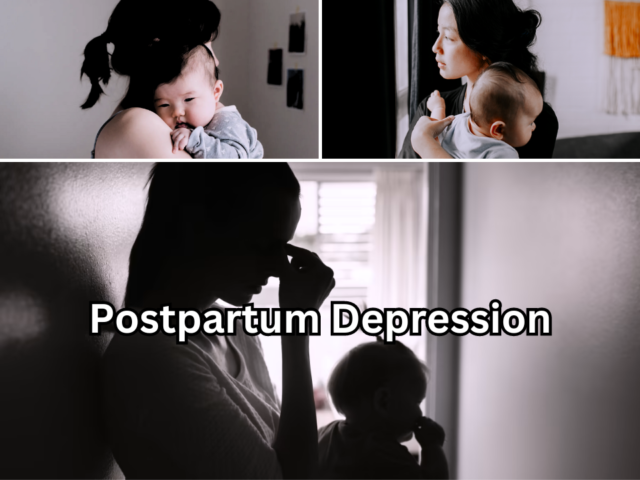
Postpartum depression (PPD) is a common but serious mental illness that can affect women after childbirth. It is estimated that 1 in 7 women will experience PPD in their lifetime. Discover all the things that people need to know about postpartum depression, including the causes, symptoms, and how to seek help.
All About Postpartum Depression
While discussing postpartum depression, we need to carefully check the facts behind it, what are the causes and symptoms before we can help them. So, let’s jump into it right away!
What Is Postpartum Depression?

Image via HoneyKids Asia
Many young adults are not familiar with the term ‘Postpartum Depression’. How serious it is until it can affect someone’s life? Postpartum depression is a sort of mood change that happens to new mothers after giving birth. It usually starts within the first 2 or 3 days after giving birth until 2 weeks of it.
Note that this is not a flaw or weakness for the mothers out there. It is just a typical complication of giving birth. But, what are the causes of postpartum depression?
The Causes Of Postpartum Depression

Image via Helsana
Postpartum depression in new mothers is typically caused by a combination of physical, emotional, and social factors. Some of the causes include:
- Hormonal changes after childbirth which contribute to depression
- Not getting enough sleep because the demands of caring for a newborn
- Stress and anxiety cause by the pressures of being a new parent
- A lack of social and emotional support from partner, family, or friends
It is important to note that postpartum depression is a treatable condition. Now, let’s take a look at the symptoms of postpartum depression.
Postpartum Depression Symptoms That You Should Know

Image via Shutterstock
There are a lot of symptoms and 2 categories of postpartum depression, from mild to severe level. For mild levels, it is called Baby Blues which only last for 1 or 2 weeks after giving birth. Meanwhile, the severe one is postpartum depression. It lasts longer and more intense.
Symptoms Of Baby Blues:
- Anxious
- Lost appetite
- Difficult to sleep
- Mood swings
- Feeling overwhelmed
Symptoms Of Postpartum Depression:
- Extremely mood changes
- Insomnia
- Lost appetite or stress-eating
- Feeling overwhelmed and tired
- Anxiety
- Feeling not good enough as a mother and hopeless
- Thinking about harming yourself and the baby
- Less interest in anything else
Postpartum depression can have a huge impact on a woman’s physical and mental. It also can be a problem in her relationship with her partner, friends, and family. If you think you are suffering from this or you know anyone that been through this, please help them to reach out.
Please Reach Out To Help Yourself

Image via Deccan Herald
Unfortunately, many women with postpartum depression feel isolated and ashamed, and they may not seek help. This is because there is still a stigma surrounding mental illness, and many people believe that PPD is a sign of weakness or failure. It is time to teach yourself to speak up!
Things you can do to seek help:
- Share with your partner about your problem and thoughts
- Talk to your friends and family for some advice
- Take a break from your baby and ask your husband to take care of it
- Try to get enough rest
- Do something that you love
Here are some parenting tips for new parents that people should take note of. The most important thing when you are struggling with it, please know that you are not alone. There is help available. Please reach out to your doctor and therapist to seek help. Break the silence because you deserve to feel better.










